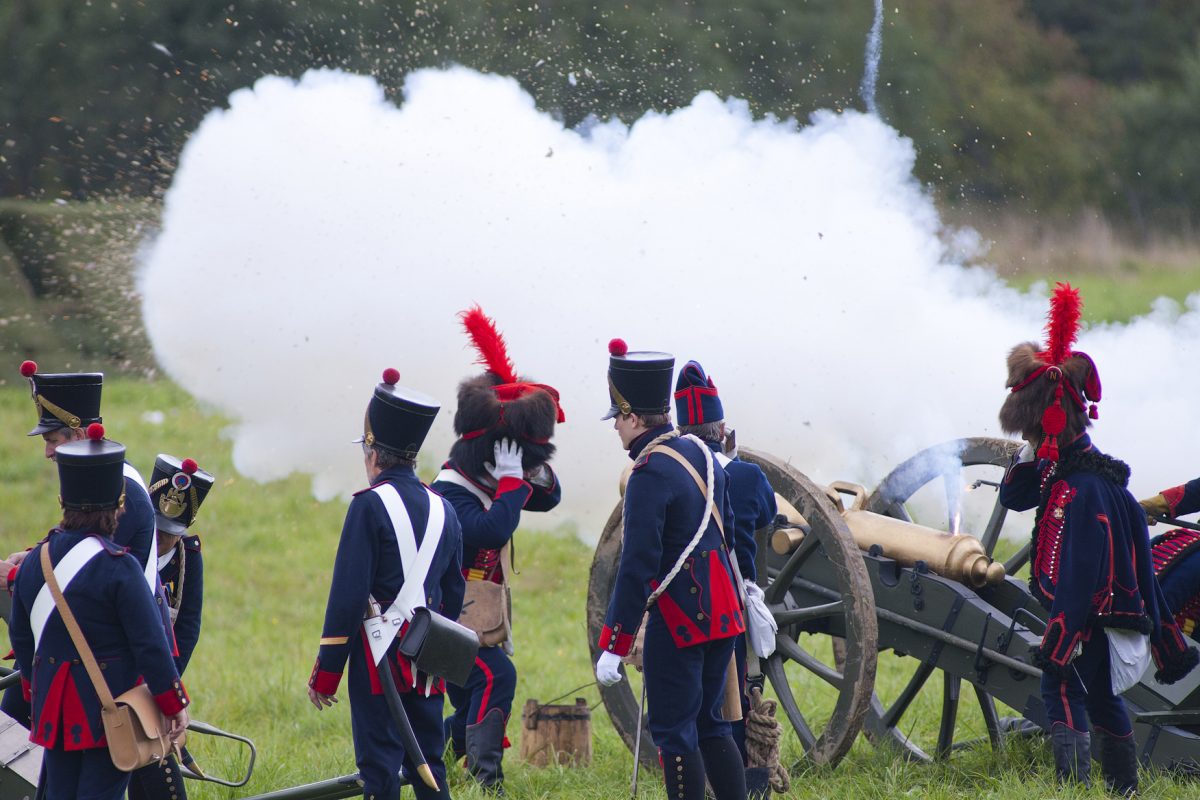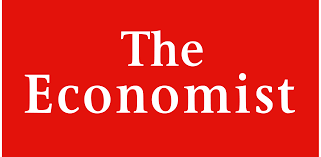Classic works have helped people make sense of the pandemic

AT LEAST IN the West, few people alive today have lived through a year quite like 2020—not just the convulsions but the isolation, not just the trauma but the tedium. Less violent than a war, more protracted than a natural disaster, covid-19 has been deadly, disorientating and unfamiliar. But although living memory has been of limited help as a guide to how to cope, the memories of others, and their imaginations, have proved useful to millions of readers.
The solace and solidarity of reading have rarely been more important to more people. Locked down and lonely, many escaped into other lives and faraway worlds. But many sought out writers who might help them make sense of the pandemic. Popular books included “A Journal of the Plague Year”, Daniel Defoe’s semi-fictional diary (thought to be based on his uncle’s) of life in London in 1665, when the bubonic plague swept through the city. The same scourge features in Samuel Pepys’s diary: Pepys blithely notes the approach of the disease yet continues recording the details of his meals and frolics, exhibiting the same sense of disbelief and denial that were widespread in early 2020. Before long, though, he laments the capital’s empty and melancholy streets.
The fictional outbreaks in Mary Shelley’s “The Last Man”, Albert Camus’s “The Plague”, José Saramago’s haunting “Blindness” and Emily St John Mandel’s “Station Eleven”—which weighs the death of an individual against the fate of the world—have offered, if not comfort, at least a fresh sense of perspective. For some of these authors, illness is a metaphor for other problems, such as extreme politics; in a similar way, stories about other kinds of derangement seemed to capture aspects of the pandemic and its management. In Mikhail Bulgakov’s “The Fatal Eggs”, for instance, a bureaucratic cock-up means a bid to boost poultry production instead yields a plague of giant serpents that overrun Russia. In a tale that also features heedless carousers in the streets and blinkered scientists, the authorities are slow to acknowledge the calamity, before taking drastic, draconian countermeasures.
Although living memory has been of limited help as a guide to how to cope, the memories of others,
Some readers heard an echo of the year’s rhythms in what, on the face of it, is an entirely different sort of story. Thousands across the world were unhappy in the same way, and consoled in the same way, as they immersed themselves in “War and Peace”. The oscillation of Leo Tolstoy’s epic saga between, on the one hand, the battlefields of the Napoleonic wars, and, on the other, the salons of St Petersburg, eerily reflected the experience of lockdown; that, too, combined domesticity with an awareness of tumultuous happenings outside. In Tolstoy’s acute portrayal of the seesawing, exaggerated emotions that are evoked by times of crises, readers found a reflection of their own volatile feelings—the alternating closeness and exasperation with loved ones, say, or the sense of liberation from ordinary life that flickered amid the crush of claustrophobia.
For hope that life would go on—indeed, was already going on—The Economist suggested turning to Alexander Pushkin. Quarantined in 1830 because of a cholera outbreak, the poet found a serendipitous escape from worries over his impending marriage, his rickety finances and his run-ins with tsarist censors. Confined to a rural estate, Pushkin discovered a perverse sense of freedom and vitality. His writing and imagination roamed around the world; he finished “Eugene Onegin”, his brilliant novel in verse. And he reworked a verse drama by a Scottish poet set during a bout of plague. Pushkin’s version offers this poignant, defiant riposte to sickness and death:
There’s rapture on the battleground,
and where the black abyss is found,
And on the raging ocean main,
Amid the stormy waves of death,
And in the desert hurricane,
And in the Plague’s pernicious breath.
For all that threatens to destroy
Conceals a strange and savage joy—
Perhaps for mortal man a glow
That promises eternal life;
And happy he who comes to know
This rapture found in storm and strife…
We’ll sip the rosy maiden wine
And kiss the lips where plague may lie!

From The Economist, published under licence. The original article in English can be found on www.economist.com